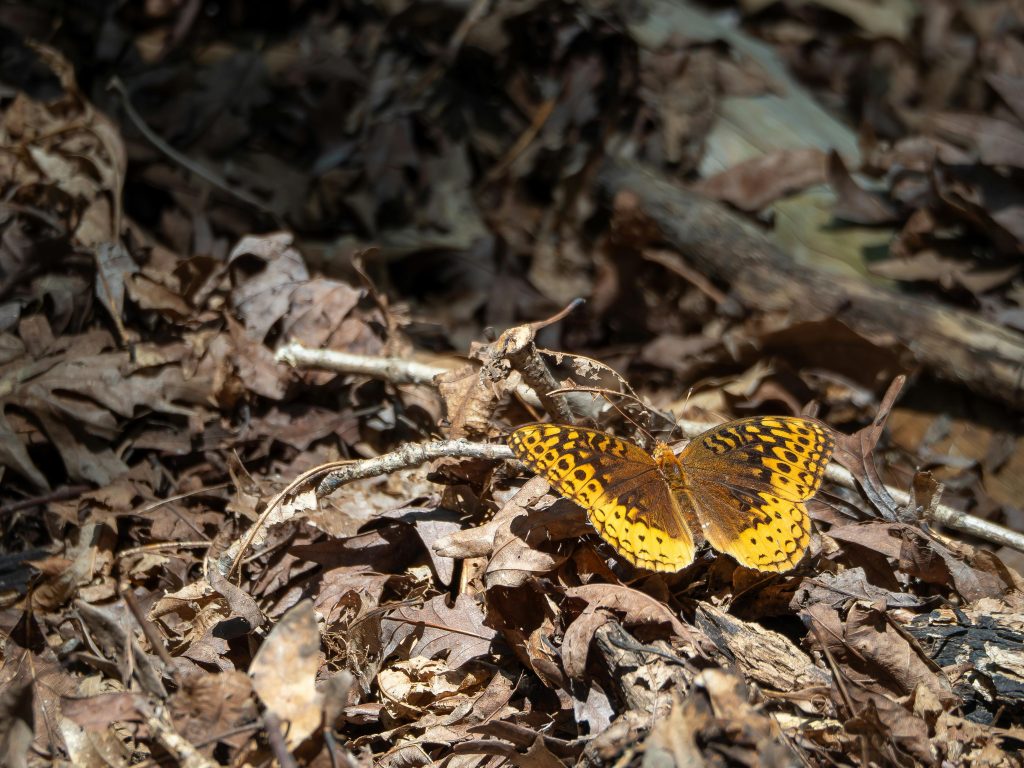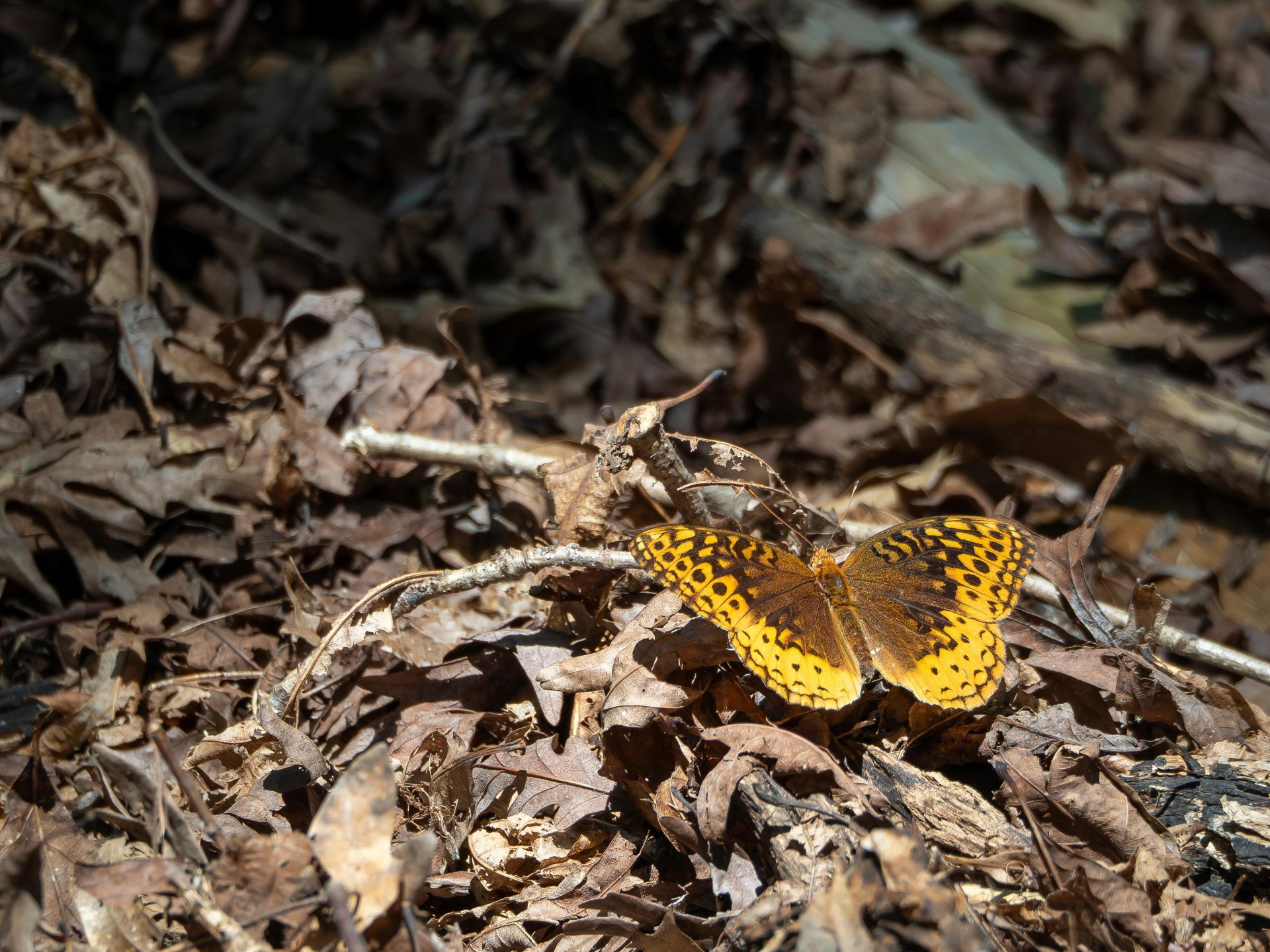Winter Is Coming, and Beneficial Insects Need Our Help!
It’s time to face it — summer has passed, and winter is on its way. That means that organisms everywhere (us included!) are getting ready to survive the bitterly cold Canadian winter that is imminently approaching. But what if we told you there was a way that you could reduce your garden/farm workload and contribute positively to the critters that make your soil and plants so happy?
For many of the beneficial insects that help us in our gardens and fields all summer long, the biggest challenge they face arrives with the cold winter weathers. Most insects overwinter near their summer hunting grounds. If appropriate habitat doesn’t exist or is limited, there’s a greater risk that they won’t make it to the next spring, and then they won’t be around to fill their biological niche in a functioning ecosystem. You may end up seeing more pests, diseases, and ineffective ecological processes at work. Fortunately, there are quite a few things that we can do to lend them a helping hand, and most of them don’t take much effort at all!

How to Prep Your Garden for Overwintering Insects
- Consider leaving leaves and crop residues where they fall. Let them break down (and become soil) while also creating an insulating blanket for insects buried just below the surface. Next spring, don’t pull out the rake or harrow until temperatures have warmed up and insects have had a chance to emerge.
- Let dead plants (especially perennials) stand over winter. Some insects like to use the inside of dead stems to create overwintering nests.
- If you notice insects or other small critters on or near your house, garage, shed or barn, make sure you find out what they are and whether they’re a TRUE problem before sweeping them aside. Many are harmless and just looking to hunker down for the winter.
- Plant a tree like a willow or poplar that will flower early in the spring and provide food for early season pollinators.
We hope you enjoyed learning all about the helpful critters living around your neck of the woods, and we hope you love each and every one of these beneficial insects as much as we do! Until next time!

